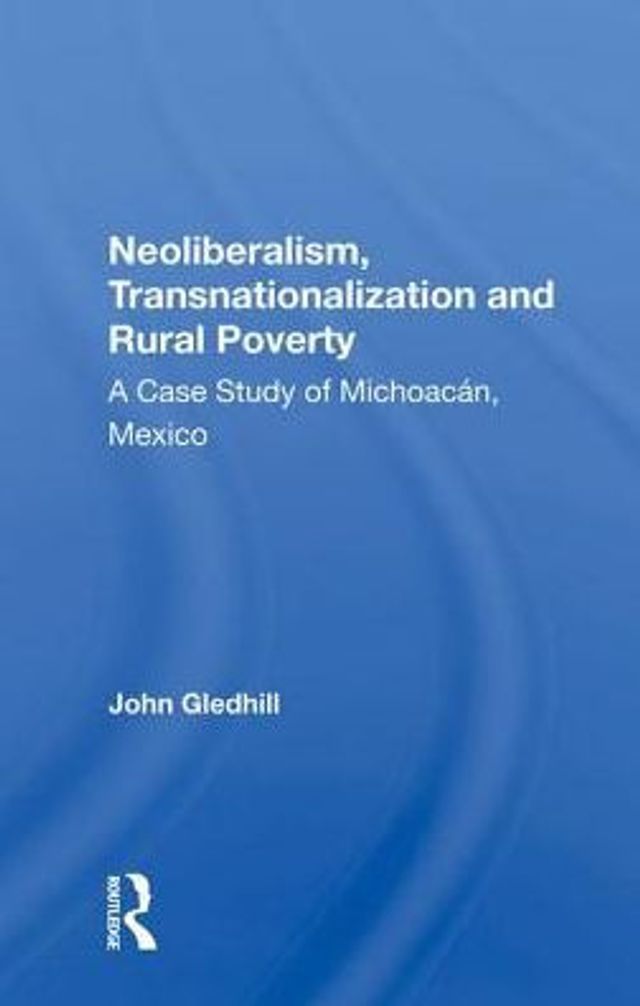Home
Rural Poverty and Degradation of Natural Resources in Ghana
Barnes and Noble
Rural Poverty and Degradation of Natural Resources in Ghana
Current price: $82.00


Barnes and Noble
Rural Poverty and Degradation of Natural Resources in Ghana
Current price: $82.00
Size: OS
Loading Inventory...
*Product information may vary - to confirm product availability, pricing, shipping and return information please contact Barnes and Noble
The origin of rural poverty is complex and multidimensional. Some aspects of this origin include culture, climate, gender, markets, and public policy. Similarly, the rural poor population is quite diverse both in the problems they face and the possible solutions to those problems. This book examines nature and characteristics of rural poverty and how it develops, its persistence, and how it has caused destruction to environmental resources. The quest for global stability and peace has placed poverty issues at the centre of deliberation. In the year 2000, the eight Millennium Development Goals (MDGs) directly addressed the problem of poverty and its alleviation. Natural resources degradation is usually understood in terms of over use of scarce nonrenewable and potentially renewable resources. It entails damage or destruction of key natural resourcessuch as soils and forestsand the subsequent production of wastes. Lowincome rural dwellers have much lower levels of consumption than middle and upper income groups, but occupy much more land per person than middle and upper income groups. Yet, low income groups consume less food and generally have diets that are less energy and land intensive than higher income groups. However, low income populations deplete natural resources for settlements, farming and extraction of resources for many urban dwellers. This book has created the linkages between poverty in rural areas and environmental resources degradation. It draws conclusions from examples from all over the world and emphasizes on a case study in rural Ghana. This book is recommended for academicians, rural development professionals, environmentalists and the general public.


















